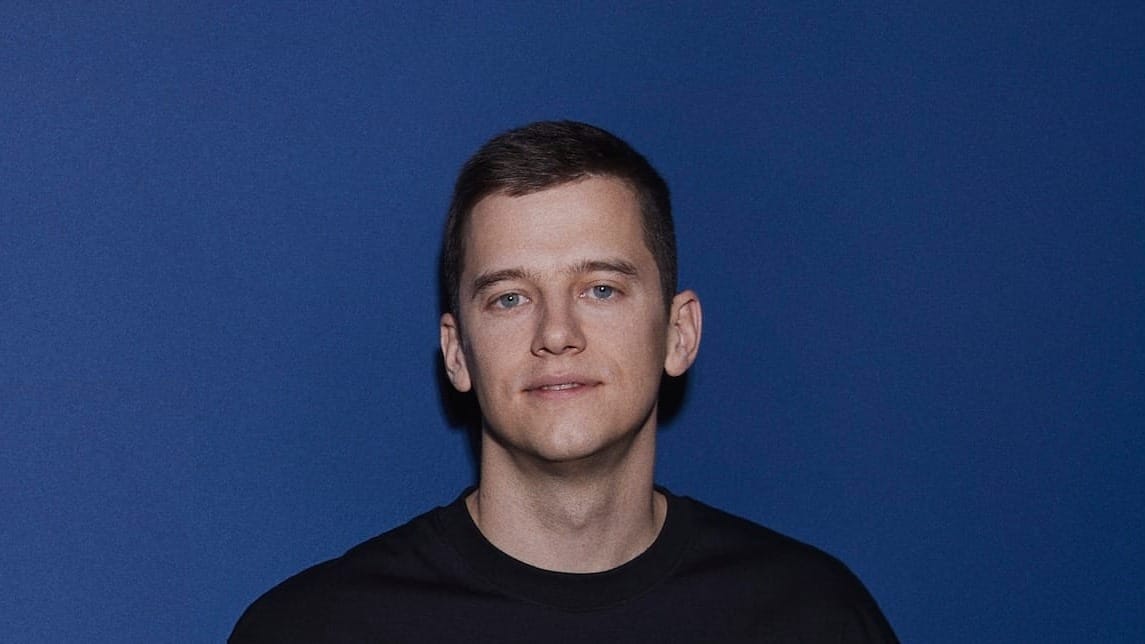Tomas Moška on Celebrating Failure and Scalable Education
Turing College's co-founder and head of product shares his insights on failure, innovation, and the future of education technology.

What would you ask someone who started their first company at 17? Tomas Moška, our head of product, was already fascinated by technology, education, and business when most of his peers were preoccupied with high school life. Turing College, which he co-founded with Lukas Kaminskis and Benas Šidlauskas, is far from his first venture but it might just be the one that ends up changing the world.
In this interview, Tomas shares his thoughts on the power of focus, nurturing creativity within his team, and the future of education technology.
Q: What have been your most significant learning experiences since starting Turing College?
A: I've become a big believer in focus and compounding knowledge. I've worked in education for more than a decade, and since starting Turing College, it has paid great dividends in establishing my intuition for education products and understanding how we can push the boundaries of innovation in the field of education. This benefit wasn't as apparent in the first part of that decade.
Q: Can you describe the ideal learner of Turing College?
A: The ideal learner of Turing College would be anyone who is really eager to learn, understands the pros and cons of the field they're entering, and is ready to dedicate a significant chunk of their time to learning.
Q: What role does data play in your decision-making process?
A: It really depends on the question at hand, but I believe that a good balance of data and intuition is the right recipe for making good decisions. Whenever possible, I want to have data either as a driving force or as context for the decision that I’m taking.
Q: How do you foster innovation and creativity within your team?
A: I believe it starts with having the right values to support a creative and innovative environment. Our company's first value is "Move fast." Sometimes, speed leads to failure, which, if punished, kills all future attempts to do something quickly or out of the box. That’s why establishing an environment that celebrates failure opens up the gates for more creative and innovative decisions.
Q: How do you rewind after a busy week?
A: I enjoy running quite a bit and spending time off-the-grid, in nature.
Q: Can you share a success story of a Turing College graduate that particularly stands out to you?
A: One standout success story is Indrė, who made a huge transition from being a judge to becoming a data scientist. She wanted to move away from the somewhat rigid stability of law to a more dynamic field and chose data science. Her determination and hard work paid off. Indrė’s journey continues to inspire and motivate our learners, proving that, with the right guidance and a strong commitment, significant career shifts are not only possible but also greatly rewarding.
Indrė’s story reminds us of the impact we’re making with our work. To think that we have contributed to her career change and, might I assume, a happier life as a result, is just incredible to me. I can’t think of a more fulfilling work we could do.
Q: What opportunities do you see for innovation in education technology over the next five years?
A: The recent developments in LLMs open up a whole new set of possibilities that I believe will affect education in two major ways:
1. The topics of education will change drastically. For example, as LLMs become conversational, there is a reduced need to learn languages, as they can translate everything on the fly.
2. The cost of education will greatly decrease. Due to our ability to replace many aspects of learning with LLMs and AI systems, we will be able to dramatically increase the potential scale of education and reduce the costs. Today, there is simply no way to effectively educate 100 million people into skilled roles, and because of that, we are limiting the development of the world.
All in all, I don’t see a single magic solution in the next five years that will fix education. It will be a series of seemingly small improvements that will make us look back in five years’ time and be amazed at the progress we’ve made in making the world a better place by giving everyone a shot with scalable, quality education.
